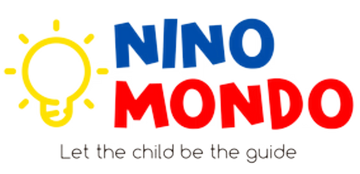Collapsible tabs
1. What are Montessori educational toys, and how do they help with child development?
Montessori educational toys are designed to encourage hands-on learning, problem-solving, and independent exploration. They enhance fine motor skills, sensory perception, cognitive development, and social-emotional growth through meaningful play. Unlike traditional toys, Montessori toys are often made from natural materials and focus on one skill at a time to promote deep learning.
2. How do Montessori educational toys support early childhood development?
Montessori-inspired toys play a crucial role in early childhood development by refining sensory perception, enhancing cognitive abilities, and fostering independence. Through purposeful play, children strengthen skills like dynamic visual tracking, proprioception, depth perception, and fine motor control, which are all fundamental for lifelong learning.
3. What are some Montessori activities for toddlers that promote learning?
Here are a few engaging Montessori activities that help toddlers build essential skills:
- Sensory Play Ideas – Exploring different textures, colors, and sounds.
- Fine Motor Skills Activities – Stacking, threading beads, and using tweezers.
- Gross Motor Skills Development – Balancing, climbing, and movement-based games.
- Cognitive Development Activities – Simple puzzles, sorting shapes, and matching colors.
- Language Development in Toddlers – Naming objects, storytelling, and sound matching.
These activities enhance motor skills, cognitive functions, and sensory perception, supporting the developmental milestones discussed in the blog.
Looking for age-appropriate Montessori educational toys?
Explore our curated selection at Nino Mondo and start your child’s journey to independent learning today!

